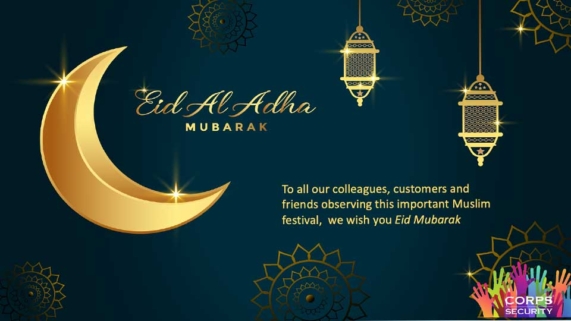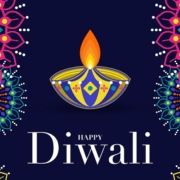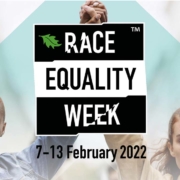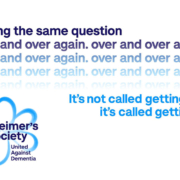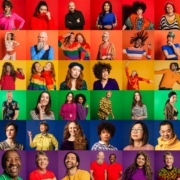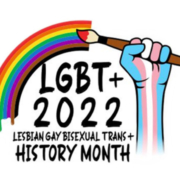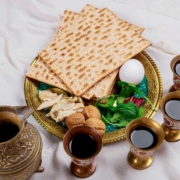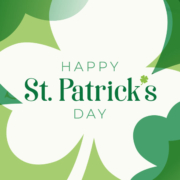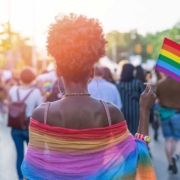Eid Al-Adha Mubarak!
The coming days are special time for our Muslim colleagues – a time for family gatherings and feasting, along with prayer and a reminder to place their relationship with God before worldly concerns.
Eid al-Adha marks the end of the Hajj – the pilgrimage to Mecca that all Muslims should undertake once in their lifetime if they are able – and celebrates the willingness of the Prophet Ibrahim to sacrifice his son, Ismael, when commanded to by God. Muslims believe that the Prophet Ibrahim was spared the sacrifice when God gave him a lamb to slaughter instead and, in honour of the story, will typically sacrifice a sheep and share the meat between family, friends and those in need.
Islam uses the lunar calendar, so the date for Eid – the tenth day of the 12th month – changes every year and depends on the sighting of the new moon. This year, in the UK, celebrations will begin on 9th July.
How do Muslims celebrate this special day?
In the morning, after spending some time decorating their homes, many will start the day with a full body purification ritual, followed by putting on their best clothes and heading to the mosque for Eid prayers.
After spiritual reflection it is time to prepare the feast! Much of the savoury food is based on the meat that is sacrificed, so dishes such as kebabs, biryani, Haleem, Fattah and shuwa are typical ways of presenting it for a convivial gathering. But no Eid is complete without sweets and desserts such as deep-fried pastries with syrups and honey, nuts, sweet cheese or orange and coconut semolina – from closely guarded family recipes.
If you want to wish somebody ‘Happy Eid’ this year, the traditional way would be to greet them with ‘Eid Mubarak’. This is the Arabic phrase used by Muslims during both the Eid al-Fitr and Eid al-Adha celebrations later in the year.
We wish all our colleagues who celebrate this wonderful celebration, a very Happy Eid – Eid Mubarak!
